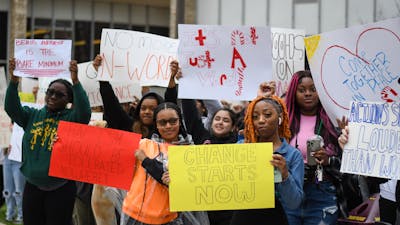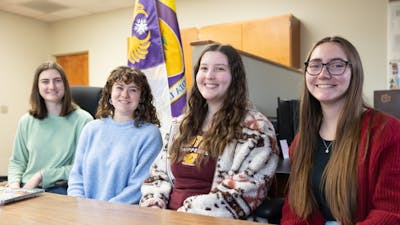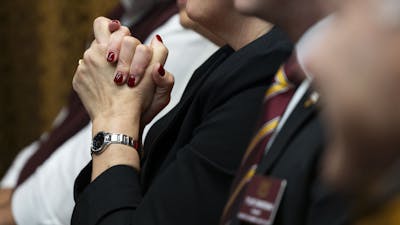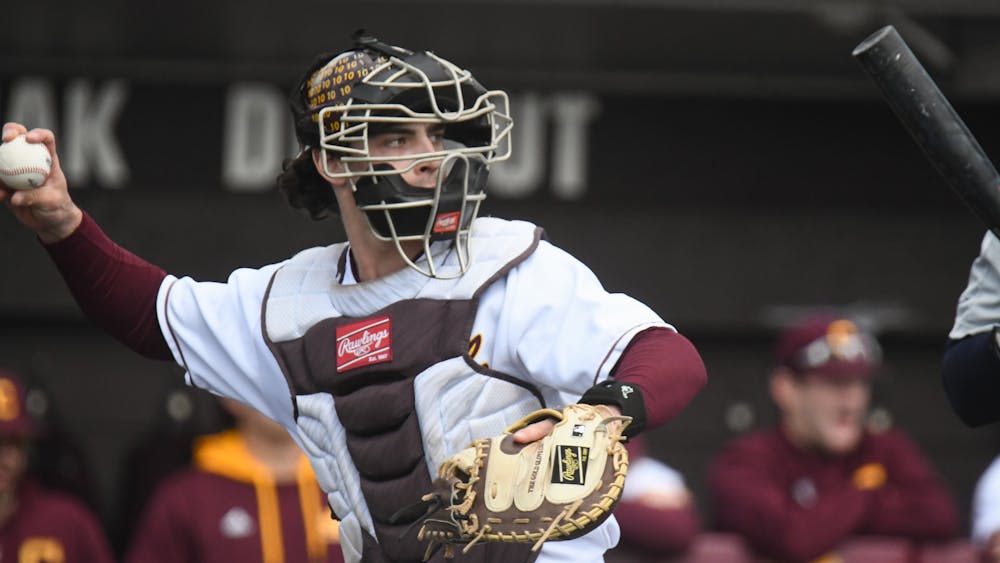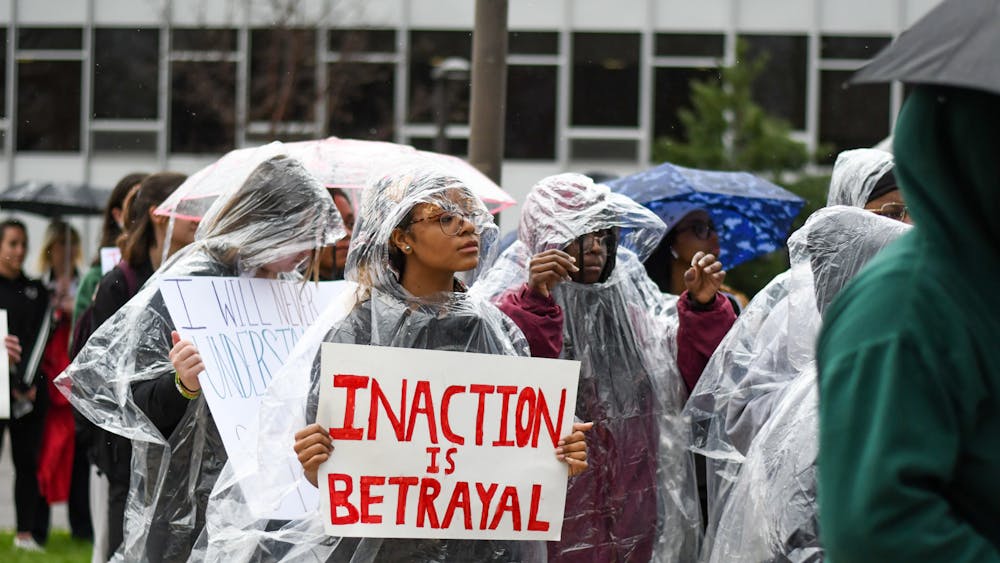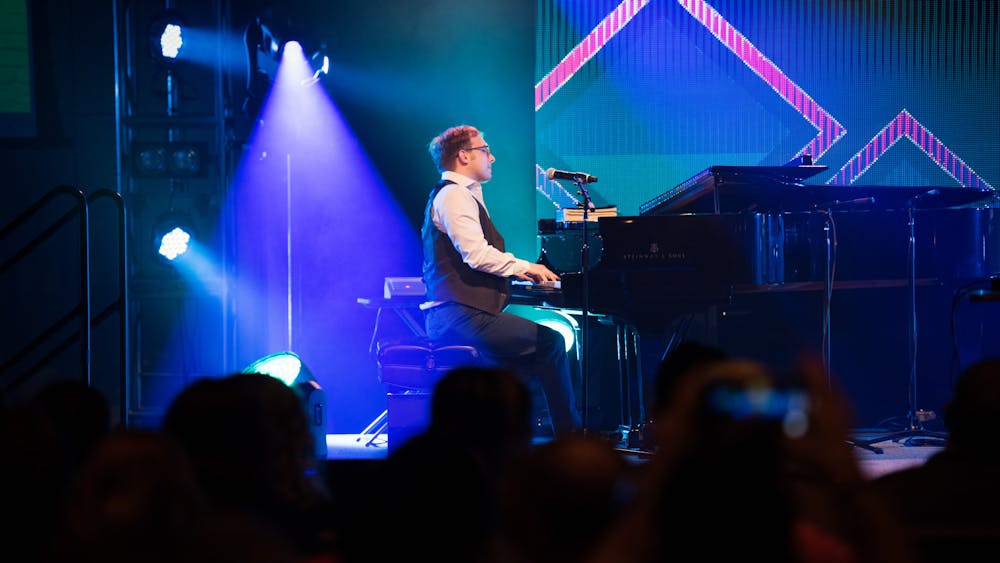Tribal gaming revenues fund Mount Pleasant programs
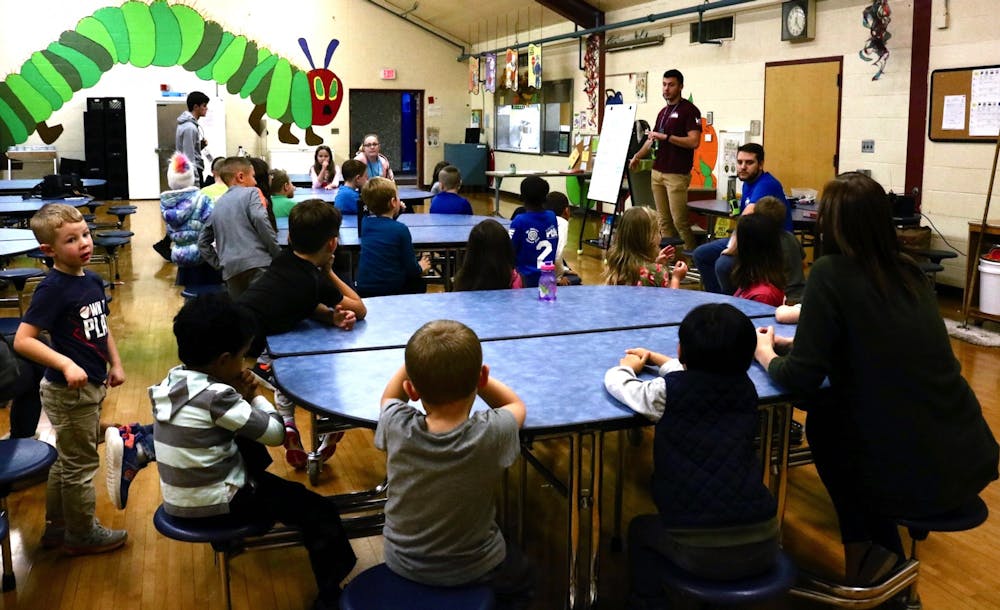
Kids and staff gather in the cafeteria as part of the PEAK program Nov. 18 at Vowles Elementary School in Mount Pleasant.
There will soon be another round of funding distribution from the Saginaw Chippewa Indian Tribe, something that some programs in Mount Pleasant rely on to function.
Since 1993, the tribe has distributed two percent of their annual gaming revenues from slot machines at their Soaring Eagle Casinos in Isabella and Arenac counties to various government entities in those counties, said the Saginaw-Chippewa Interim Public Relations Director, Erik Rodriguez. The tribe distributes these funds twice a year, with some programs in Mount Pleasant need for their operations. However, the number of these programs reliant on the two percent funds has decreased in recent years.
The next distribution of funds will be at 9 a.m. on Nov. 21 at the Black Elk Building located at 7500 Soaring Eagle Blvd. Some of the entities Mount Pleasant is requesting funding for are PEAK, the airport, 2020 census preparation and the Mid-Michigan Investigative Narcotics Team.
The funds began back in 1994 after a lawsuit about the state refusing to negotiate the terms of a gaming compact by seven tribes against the state of Michigan, including the Saginaw Chippewa Indian Tribe, Rodriguez said.
A settlement was reached in 1993 that required the seven Michigan tribes to distribute 8 percent of their gaming revenues to the state and two percent of them to the local units of government, Rodriguez said. This settlement was from a federal court ruling that required the tribes to fund these units.
However, the distributions to the state stopped after the corporate casinos opened in Detroit. This was because part of the agreement with the distributions to the state was that the tribes would have exclusivity to run casinos in Michigan. When this was broken by the state, Rodriguez said the tribes were no longer obligated to distribute gaming revenues to the state, but still continued to distribute to local government units.
Over the past three to five years, Rodriguez said the tribe received around $10 million worth of requests per cycle, with the tribe handing out around $3 million per cycle. The tribe distributes the funds instead of the tribe paying taxes on the land it owns. Government entities apply for the things they want to be funded and the tribe chooses what they want to fund. Some of the things requested could be new roads, improved infrastructure and new buses.
Mount Pleasant City manager Nancy Ridley said some of the programs the city requests do rely on these funds. However, the number of recipients reliant on the two percent funds has fallen to two in the past five years: Mount Pleasant Airport and Partners Empowering All Kids (PEAK), Ridley said.
PEAK is an after-school program that operated in Mount Pleasant since 2001, said the Recreation Director of Mount Pleasant, Ryan Longoria. The program partners with Mount Pleasant Public and charter schools to provide students with time after school for academics and physical activities.
“(PEAK) is a social, academic, physical and enrichment program,” Longoria said
He said students from pre-kindergarten to eighth grade are usually the ones participating in PEAK and the program employs many Central Michigan University students. Some of the activities include gym games, reading times and art projects.
After grant money funding PEAK ran out in 2006, Longoria said the program began relying on the two percent funds in order to operate. The amount of funding varies on what the program is requesting and its needs. Ridley said around 30 percent of PEAK is funded through Indian gaming revenues.
While funding of PEAK and the airport have been steady for many years, it’s always a concern funding projects with external revenue, Ridley said. If these programs don’t receive funds from the tribe, the city has enough funds to continuing funding the program for six months, she said. During this time, the city would have to come up with another way to fund it.
